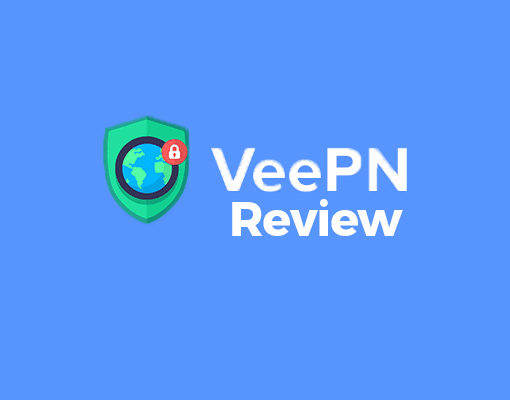Virtual Private Network is a term used to describe a network that is not publicly accessible. VPN software encrypts your data and transfers it over a secure connection to an external server. The information is then sent over the internet. The visible IP address shifts along the voyage. This implies that the IP address you see online isn’t the same as the one you have at home. As a result, your online activity is protected and anonymous.
Do you want to be able to use the internet safely and anonymously? Have you considered getting a virtual private network (VPN) for your computer? The first step is to find a trustworthy VPN service. This article will be useful when you’re ready to make that decision.
After that, all you have to do is download the program from your chosen provider. This should be possible on your VPN provider’s site. You can get a VPN for your phone and your PC or laptop. We’ll tell you the best way to pick the best VPN for yourself and how to download it in this article.
Download a VPN for Free in 3 Steps
1. Select a VPN Provider
First and foremost, you must decide which VPN service provider to utilize and the type of account you desire. Most VPNs provide a variety of service levels at various price points, including a local VPN service in some circumstances. It is beneficial to concentrate on the types of activities for which you require the VPN.
2. Download VPN
Once you select which VPN service you will use, proceed with visiting their actual website. You could even download a VPN for free from the internet. Find out more info here.
3. Make Your Server Selection
Which country do you want to make a connection with? Pick a region from your VPN’s list of possible regions.
Choose a Reliable VPN Provider
Apps and device compatibility
The majority of VPN users today have several devices. As a result, they must secure them all from online privacy intrusions, which necessitates the use of a VPN. As a result, many service providers provide support for various platforms. Some VPNs, on the other hand, lead the pack by providing a wide range of specific app compatibility. Others want to keep things simple and give a VPN router client to help consumers.
Various servers and locations
The number of distinct servers and locations is an important component in determining a VPN provider’s reliability. The greater these numbers are, the more options you have for online locations without having to worry about server congestion. Of course, if you don’t require many places, you don’t have to pay for all of these numbers. As a result, some service providers only offer a limited number of servers and locations to meet the needs of their consumers. Unless they intend to expand, they don’t need to go overboard.
Customer service
Whether you’re a seasoned VPN user or are picking one for the first time, you may find yourself in a situation where you require assistance. As a result, you should opt for a VPN service that provides prompt customer assistance to address your concerns. While most carriers offer email assistance, live chat support is perfect for 24 hours a day, seven days a week. If not, check sure the reaction time isn’t too long.
Client feedback
A VPN provider’s overall excellent services can be gauged by the number of positive client reviews it receives. However, don’t be fooled by phony reviews; instead, seek for those that show that the service has been used.
Money-back guarantee
Check the VPN provider’s website for any free or paid trial offers. To keep your money safe, be sure the service provides a true money-back guarantee in the latter instance.
Legal obligation
Some countries are now attempting to trace practically every individual’s online activities. These countries have strict data retention regulations for service providers, including VPN businesses, as a result of their monitoring. You can’t rest assured about the no-log strategy of VPNs situated in these nations, regardless of whether they’d ever openly admit it. However, if the VPN service providers clearly claim that they do not monitor traffic regardless of their base region’s policies, you may want to consider them. However, we still advise you to choose VPN companies based in neutral zones with few legal responsibilities.
Conclusion
When selecting a VPN, you should think about a few things, the most crucial of which are speed and security. Examine the VPN provider’s protocol selection and the number of servers. Your connections will be speedier as the number of servers increases. Focus on their locations as well; a server that is closest to your device will connect to it faster, so a wide range of countries is necessary.



